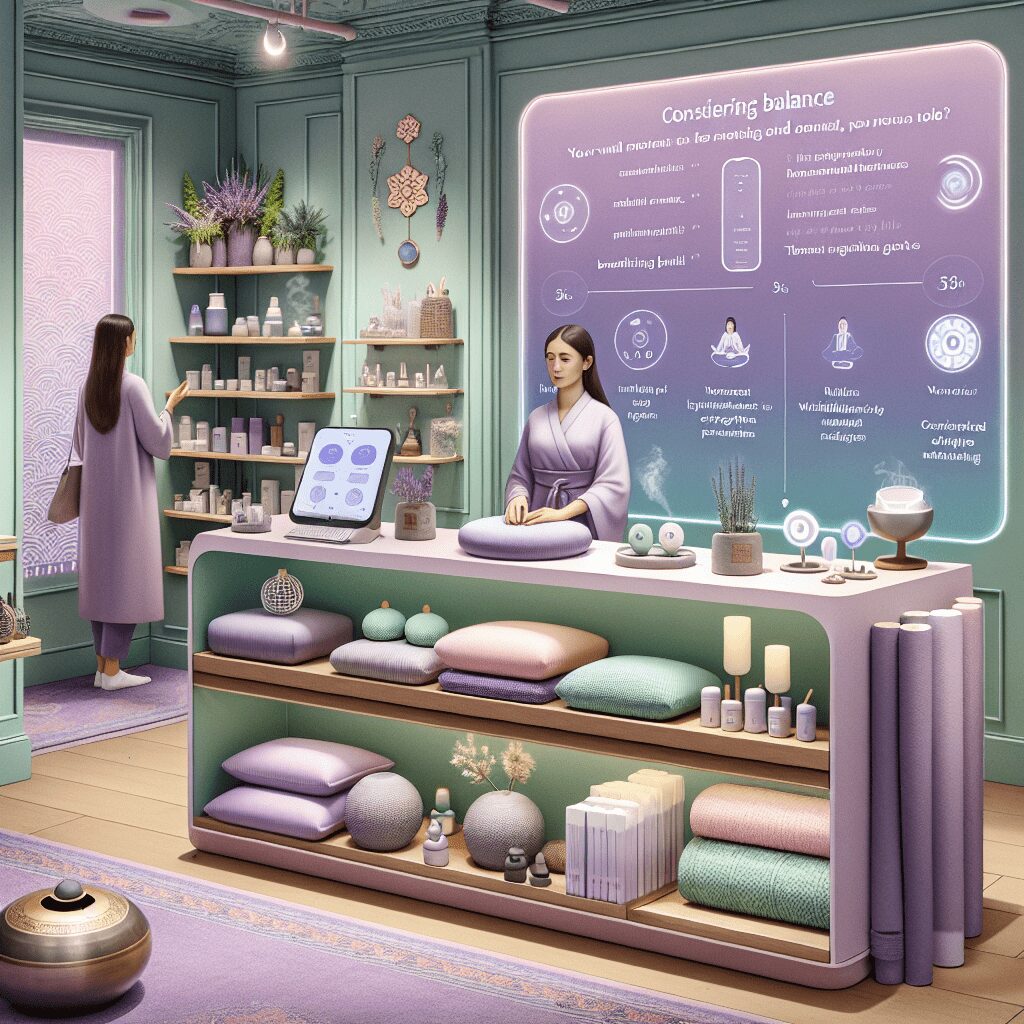
Prioritize your mental well-being daily. Enhance your life by nurturing your mental health with the Smart Meditation app. Break free from stress, alleviate anxiety, and enhance your sleep quality starting today.
Does Drinking Help Anxiety?
The Soothing Sip: Myth or Reality?
In the quest for tranquility amidst the hustle and bustle, many have turned to the comforting embrace of a glass filled to the brim with their favorite libation. The warmth that spreads through your chest after a sip of whiskey or the gentle buzz from a glass of wine can feel like a direct line to relaxation. Indeed, the allure of alcohol as a quick-fix for anxiety is both ancient and widespread. But before you pop the cork or crack open a cold one, let’s dissect this approach and explore whether it truly is a friend or foe in the battle against anxiety.
Navigating the Murky Waters
First off, it’s crucial to understand the mechanics at play. Alcohol is a central nervous system depressant, which essentially means it can lower brain activity. In the short haul, this can manifest as reduced stress, loosened inhibitions, and a general feeling of euphoria – the party vibes mood. However, this is where the water turns choppy.
-
Temporary Bliss: Sure, kicking back with a drink might feel like you’ve hit the off switch on your worries, but it’s a fleeting escape. The problem hasn’t sailed away; it’s merely lurking beneath the surface, waiting for the tide to bring it back.
-
The Boomerang Effect: Regularly leaning on alcohol as an anxiety crutch can backfire spectacularly. Once the initial relaxation fades, anxiety levels can swing back with a vengeance, often higher than before. It’s like throwing a boomerang and forgetting to catch it – it’s gonna hit you.
-
Dependency Dilemma: Here’s the kicker. Over time, the body can start expecting that glass of relaxation to deal with stressors, leading to dependence. Now, you’re not just battling anxiety; you’ve also got to wrestle with alcohol’s grip.
So, What’s the Verdict?
While a drink might seem like a buddy helping you navigate the choppy seas of anxiety, reliance on it can steer you into stormier waters. Here’s a lifeline to consider:
-
Seeking Solid Ground: For long-term anxiety management, setting sail towards professional counseling, mindfulness techniques, or even medication under guidance can offer more stable footing.
-
Healthy Habits Anchor: Incorporating regular exercise, a balanced diet, and enough sleep into your routine can significantly lower anxiety levels. It’s about building a resilient ship to weather the storms.
-
Community Compass: Humans are social beings, and having a supportive crew can make all the difference. Sharing your struggles and victories with trusted friends or support groups can lighten the load remarkably.
In the grand scheme, while the occasional drink in a social setting might not capsize your ship, relying on it as a primary coping mechanism for anxiety is akin to navigating treacherous waters without a compass. Exploring healthier shores with more sustainable practices promises not just a moment of peace, but a lifetime of serenity amidst the storms.





